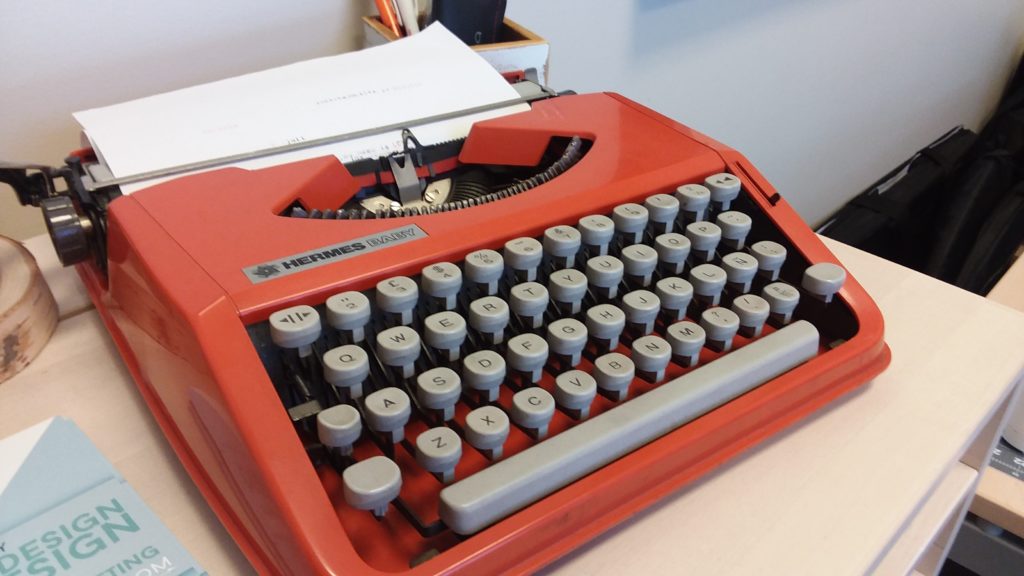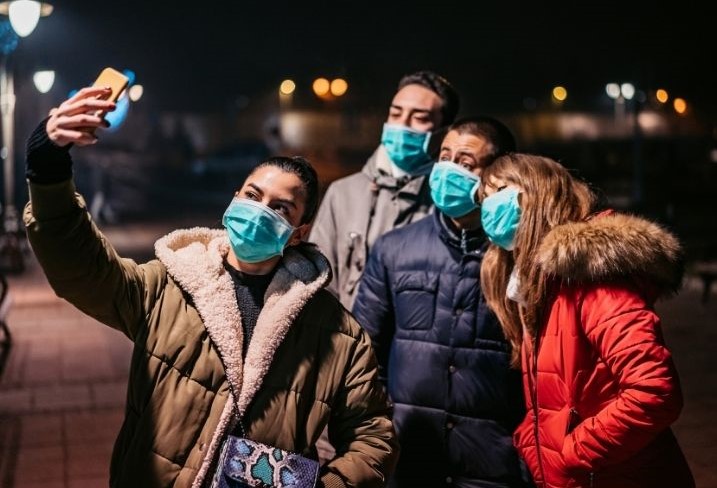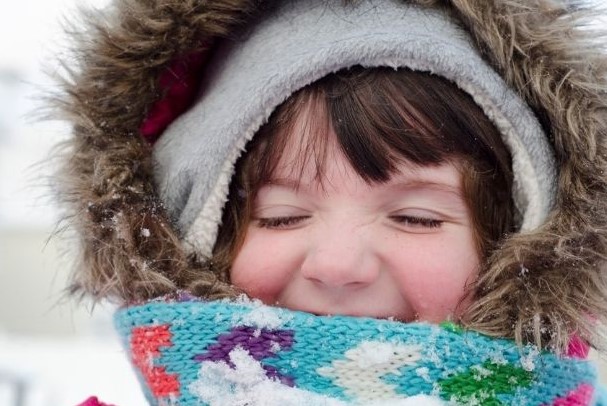Chelsea’s Review: A gorgeous post on the small details that connect us and why they must be shared.
∞ ∞ ∞ ∞∞ ∞ ∞ ∞ ▪ ∞ ∞ ∞ ∞∞ ∞ ∞ ∞

Archaic writing toolMy blog post entitled What’s the Capital of Andalusia? And Other Almost Conversations was recently accepted into the Asheville 2020 Virtual Time Capsule. 2020 was certainly a banner year for all of us, and the local, online city newsletter AVL Today decided the year was unique enough to solicit documentation about our individual and collective experiences in order to capture the essence of this time for future generations. I can just picture the future generation 100 years from now, poking at the antiquated technology, wondering where they will find the digital unit necessary to read that old thing.

Aren't we a part?Of course, our descendants will know the basic history of 2020. They might be interested in knowing how the average person handled the pandemic. They may crave to understand life in our households. How things changed, what we did to survive, our attitudes toward one another and how we mourned the loss of life. This little time capsule, of course, will only detail life, through photos and words, of those of us who lived here in Asheville and took the time to contribute to that stash of historic goings on. What is truly needed is for we the people of 2020 living everywhere to safeguard our journals, blogs, artworks and photos which chronicle this period of time, while living through it, to assure they survive to bring the archives of our personal stories into the later centuries.

Secret notesBut we might not want those people of a later century to know about the terror or dullness of our days. Whatever we did, whatever feelings we carefully harbored and cribbed into our diaries late at night might not be something we want to share even if it does give future folks a trip on The Wayback Machine for a more personal peek into this historic time. Should we pull the curtain and hide away forever or throw open the windows for all to see, dirty laundry and all? Being a blogger, I’m used to sharing my palatable details. Sometimes I even share my unpalatable details: See Southern Comfort, my post about peeing. A diary is a more intimate narrative for which one might be judged. Feelings divulged. Immoral acts revealed. Just how much do you want your greaty-great grandchildren to know? Well, I’ll put it this way: In 100 years, we will be long past the indignities of shame and embarrassment!

Not-so-loved Uncle FredHaving been a big fan of The Diary of Anne Frank and a frequent watcher of Finding Your Roots, I value the authentic story. It isn’t always comfortable to reveal or consume. If through Ancestry.com you find your ancestors owned slaves, or someone on your family tree was a criminal or a Nazi or just an ordinary drunken house-hold tyrant, it might make you squirm for a bit. You’ll have to decide how to process that information and move on. Through the research on my family tree, I know names and dates and little else. I yearn for a private thought or a detailed description of the life of any one of my ancestors be they pirates, poets or plague deniers.
Near the beginning of our response to this pandemic quagmire, one of my cousins sent me an electronic copy of a newspaper story from our grandparents’ home town. Dated 1919, it simply stated news of the deaths of our great grandfather and two of his sons. Our grandfather was the only surviving son in his family during the Spanish flu and scarlet fever outbreak that year. Though I knew of this story through family lore, the story in print brought it brutally and realistically home. Though a newspaper is a sort of time capsule, the true depth of individual experience during this time remains lost, at least in my family. My grandfather never spoke of this family catastrophe. I can understand the heartache and difficulty in one small Maine village over 100 years ago, suffering from the loss of so many of its inhabitants, but I can not fathom how my great grandmother coped with this tragedy. Knowing the details of her life might have brought some solace to my own, though we are different people dealing with different circumstances. If she had the time or inclination to keep a diary, it has not surfaced—or more likely, if it existed, it was jettisoned with her other personal belongings deemed to be without value.

the five-second selfieI wrote in my blog this year about my experiences living in a world where many of us voluntarily reduced our contact with other human beings in order to slow the spread of a potentially fatal disease. I steered away from condemning those among us who downplayed the threat and argued fatalities into terms of statistics only because I could not comprehend how anyone could trivialize either the danger or the loss of life. Thankfully, most people I know took the pandemic seriously enough to take the proper precautions. Those of us who stayed home will be among the unsung heroes of this time, and future generations should know what our lives were like, the sacrifices we made and why we believed our actions contributed to keeping people safe.
As of this writing, in January of 2021, we are still living with the difficulties brought about by this virus. The holidays brought out the best and worst in us and we are still losing loved ones, people with names, missed by friends and families. The term social conscience will be discussed in future textbooks using this moment in time as an example. I hope they learn from both our poor and grand examples of behavior. I learned from that newspaper clipping from 1919 that the consequences of our collective response affect all of us.
So it is that we embark on a brand-new year. We are anxious to get out of the house and see one another again. Winter in Asheville can be cold (maybe not Maine cold, but anything in the teens is painful to me). The next two months will keep my family unit indoors for the most part though we are still walking briskly through the neighborhood every day.

Bundled upFor my winter walks, if the temperature starts with a 4 or below and/or it is dark outside, I have adopted the regimen of layers. One of us (the dog) will announce that it is “walk time” and the rest of us will launch into action. For me it is leggings or long johns followed by my warmest sweat pants or fuzzy athletic wear over which I don my rain pants, which provide some protection from blustery, mountain gusts of wind. Two pairs of socks are covered by my Gore-Tex hiking boots; laces cinched to within an inch of their lives. My top half usually gets a long-sleeved shirt (turtleneck if needed), a fleece jacket with hood and my official winter coat (down-filled and water-repellent!—still unabashedly proud of this acquisition). Hat, gloves and scarf top it all off. I tuck two face masks into my pocket as a precaution. Very few people are actually out there, but we sometimes walk near stores on the main street, so like to be ready.
The excruciating details of my dress will most likely bore the pants off my future readers (and current readers for that matter). I’m hoping they are entertained by my exuberance over buying my first winter coat. The great writers of our time are busily chronicling the events of our days to be assigned for reading in future history and literature classes. Our descendants will have the luxury of studying our riveting chunk of history, our well-known global crises and triumphs through the eyes of prominent authors and the lens of distance.
As I was writing my weekly blog posts back in March, I realized I was recording a snippet of history; that I had been doing so since I started writing this blog. I knew I could not give any future audience a global perspective or even a national one, but I could contribute to the body of work which describes in personal detail the actions and feelings of an ordinary citizen dealing with major events. In Living with Ethel so far, I have covered flood, fire and plague. I can only hope my words convey resilience and hope to any future readers.

It's in our handsWe are all working through this notable time together, experiencing our lives in different, personal ways. Writing about and sharing the details of my days is a catharsis, easing me through the negativities and allowing me to savor the salient moments of these extraordinary circumstances. I hope you have found your own healthy coping strategies to get you through the boredom and the heartache. And, if you find your words in a time capsule or work of history, it’s because, contrary to Humphrey Bogart in Casablanca, your experience matters in this crazy mixed-up world.
More than a hill of beans anyway,
Cheryl
Guest Editor Chelsea has always been able to determine what needs to be said. I love how much she makes me think and reach for the core of the story.




Thank you for this. I have all kinds of evil ancestors, or ancestors that participated in wrong doing. It does not shame me. It inspired me to know that we are not permanently marked by their “sins.” Writing does help. When I focus on writing an acrostic it helps get away from the horrible current in our faces events. Thanks for sharing. Btw, ancestry has a newspaper subscription. For free, check this guy out https://www.theancestorhunt.com/
Yes, Ruth! Finding out about the characters of your family line helps to understand that change does happen. Whether it started with you or someone else hanging in your tree, progress is possible. I’ll send B the link, he’s the genealogy buff.
Enjoyed
Well done, thank you.
Thanks Maurice!